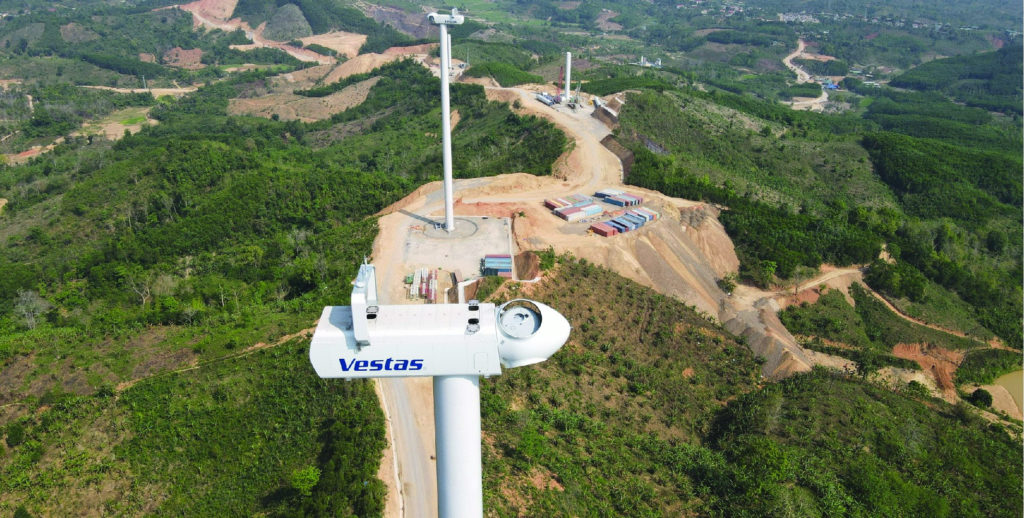
INCHEON (REPUBLIC OF KOREA), May 3 — The Asian Development Bank (ADB) on Tuesday announced the Innovative Finance Facility for Climate in Asia and the Pacific (IF-CAP), a landmark program that is expected to significantly ramp up support for the region in the battle against climate change.
ADB President Masatsugu Asakawa announced this on the opening day of ADB’s 56th Annual Meeting in Incheon.
“Climate change is the critical issue of our lifetime and here in Asia and the Pacific we are on the frontlines of that battle,” Mr. Asakawa said. “The climate events we have experienced over the past 12 months will only increase in intensity and frequency, so we must take bold action now. IF-CAP is an exciting, innovative program that will have a real impact. And it is another example of how ADB serves as the climate bank for Asia and the Pacific,” he was quoted saying in a statement issued on Tuesday.
IF-CAP’s initial partners are Denmark, Japan, the Republic of Korea, Sweden, the United Kingdom, and the United States. Those partners are in discussions with ADB about providing a range of grants for project preparation along with guarantees for parts of ADB’s sovereign loan portfolios. The reduced risk exposure created by the guarantees will allow ADB to free up capital to accelerate new loans for climate projects. With a model of ‘$1 in, $5 out’, the initial ambition of $3 billion in guarantees could create up to $15 billion in new loans for much-needed climate projects across Asia and the Pacific. A leveraged guarantee mechanism for climate finance has never before been adopted by a multilateral development bank.
IF-CAP financing will contribute to ADB’s raised ambition for $100 billion from its own resources for climate change for 2019–2030. ADB is in discussions with potential partners—such as bilateral and multilateral sources, the private sector, and philanthropies, including the Global Energy Alliance for People and Planet—to catalyze climate investments.
ADB is committed to achieving a prosperous, inclusive, resilient, and sustainable Asia and the Pacific, while sustaining its efforts to eradicate extreme poverty. Established in 1966, it is owned by 68 members with 49 from the region.
— WE